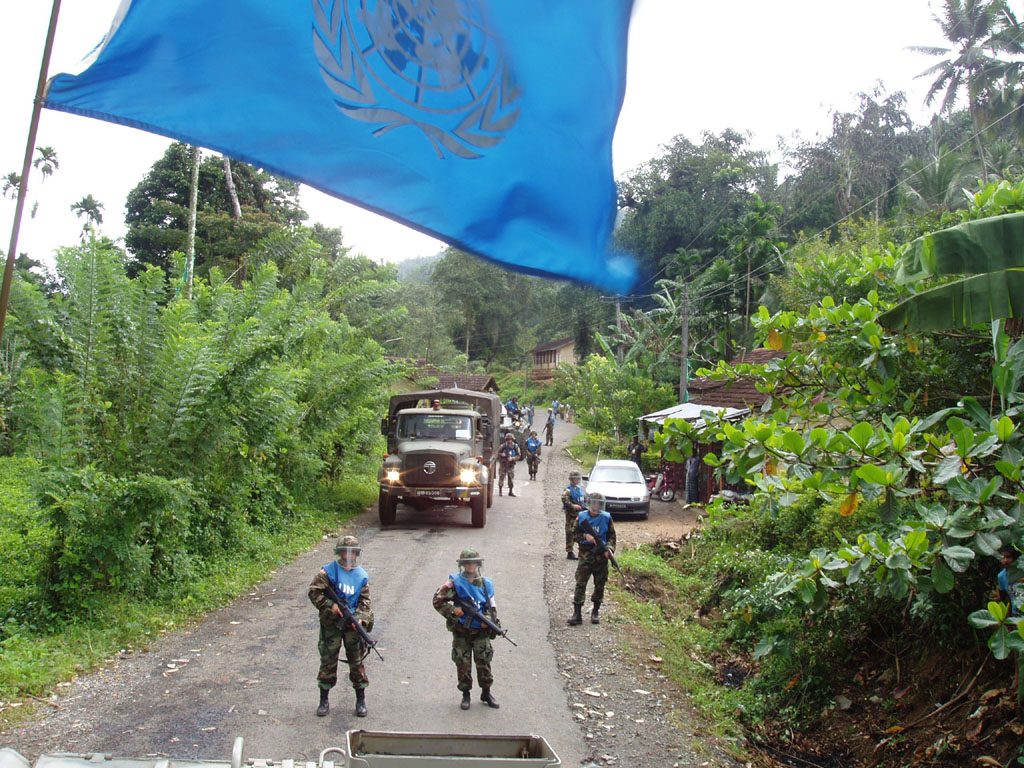UN expert: Sri Lanka should investigate execution video
 Geneva - Sri Lanka's probes into a video showing one of its soldiers executing an incapacitated man do not meet the criteria of "impartial," a UN expert said Thursday, calling for a full investigation.
Geneva - Sri Lanka's probes into a video showing one of its soldiers executing an incapacitated man do not meet the criteria of "impartial," a UN expert said Thursday, calling for a full investigation.
Philip Alston, the special rapporteur on extrajudicial executions, said that upon review of information handed over by the government, he could not accept Colombo's findings that the video was a fake.
The video, obtained by British Channel 4 and broadcast last month, showed a soldier, speaking the dialect of the Sinhalese majority, kicking a blindfolded and naked man in the back and then shooting him, while making jokes.
Several other bodies were seen near the executed man, and the group that located the video said they were from the Tamil minority, though the information cannot be independently verified.
At the end of the video, which is believed to have been recorded in January, a second man is shown being summarily executed.
Sri Lanka's government quickly gathered four people it said were experts to look into the video and a minister told the UN Human Rights Council in Geneva this week that the recording was "proven" to be a fake.
The UN expert, however, said it "is impossible to conclude that these four individuals, given their relationship to the Government, meet the criteria for impartiality in this context."
Alston added that "two of these individuals are full-time government employees, one has previously acted on behalf of the government, and the basis on which the fourth was identified and selected as an expert remains unclear."
Human rights organizations and unions say executions in Sri Lanka have become a worrying problem, and various groups are targetted, including journalists critical of the government.
Sri Lanka has previously rejected calls by UN officials and rights activists to allow for independent investigations.
Sri Lanka announced victory over the Tamil Tiger rebels in May. In the fighting leading up to the defeat, the government refused to let journalists and other researchers into the conflict zone.
The Sri Lankan authorities still prevent independent journalists from entering the camps where some 250,000 Tamil refugees are being held.
International Committee of the Red Cross officials have termed the areas "internment camps." UN Secretary General Ban Ki-moon has called for the refugees to be allowed free movement and recently said he was concerned for their fate.
The government says it is screening the camps for suspected militants.(dpa)